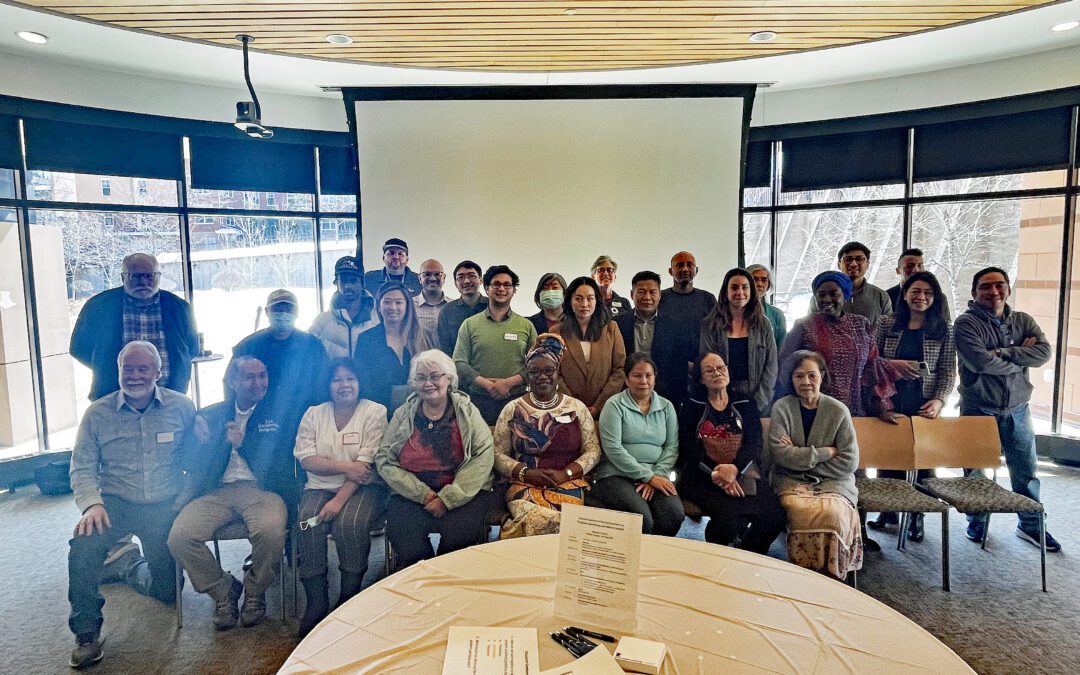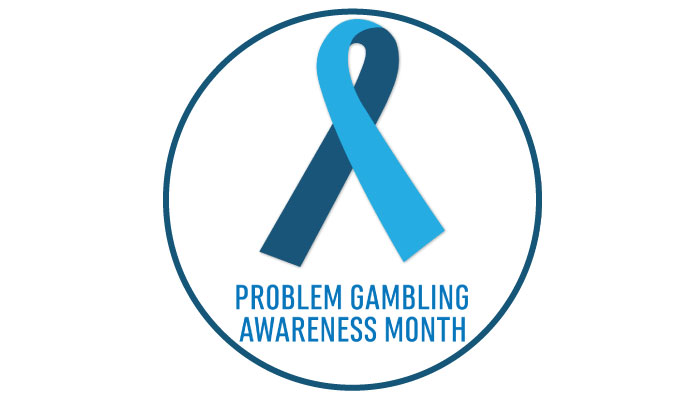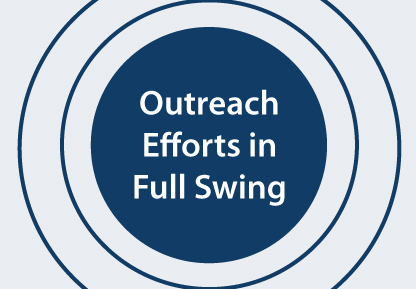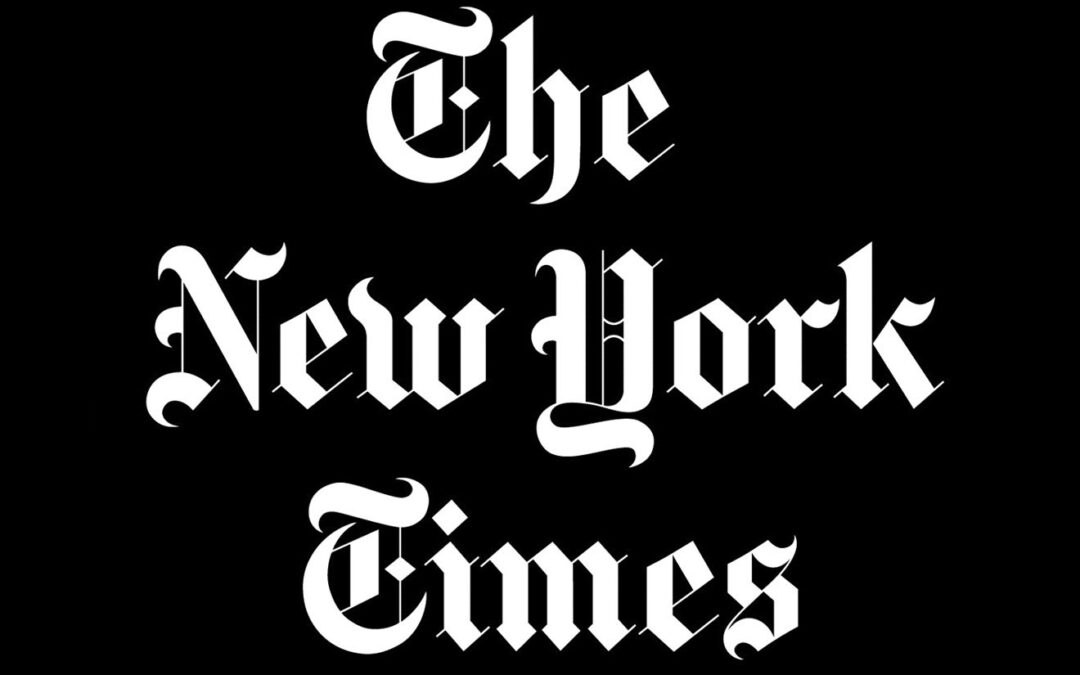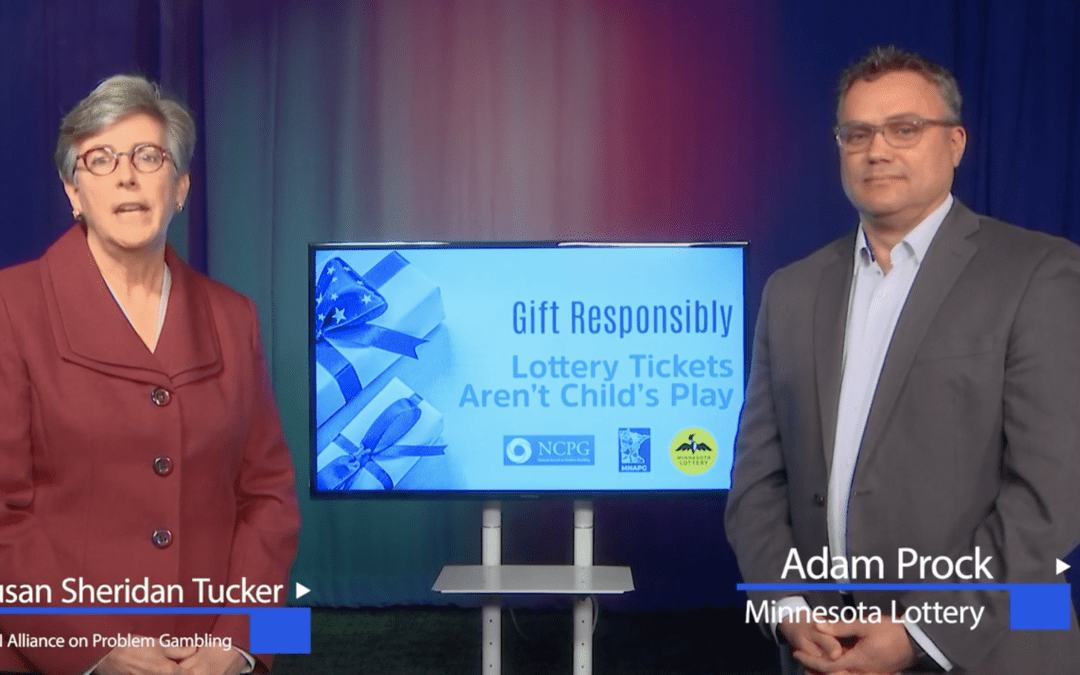
May 12, 2023 | ADVOCACY
On March 25, approximately 50 people — representing the African American, Chinese, Hmong, Laotian, Nigerian and Vietnamese communities — gathered at Wilder Center Auditorium to learn about the impacts of problem gambling and mental health in their respective communities. The purpose of the program was to provide basic information about gambling addiction and its relationship to other addictions and mental health. Additionally, there was specific interest in how to start conversations about these issues across generations. Many of these communities have experienced historic trauma and challenges assimilating into Minnesota’s predominant white culture. Traditional talk therapy is not an easily acceptable model for care in communities that value their privacy.
The program opened with a presentation by Sam Vitiello, Director of Recovery Services, Wilder Community Mental Health & Wellness clinic. Sam engaged the group by explaining how brain development in youth and teens makes them particularly vulnerable to behaviors that could develop into addictions: gambling, gaming, vaping, drug and alcohol use. It’s critical to keep the lines of communication open between parents and children. Parents need to know the resources available to them to minimize harm and to understand why their children are experimenting with substances or spending too many hours gaming or gambling. While parents may decide to limit access, there may be underlying issues that need to be identified and addressed. Elders in the community expressed a need for scripts to help them initiate such conversations. Younger community members expressed frustration that it was often difficult to have open conversations with their elders.
The second part of the program included presentations from each of the groups receiving grants from the Department of Human Services (DHS) to expand problem gambling awareness. Asian Media Access, Lao Center of Minnesota, Neighborhood Youth Academy and Progressive Individual Resources all shared aspects of the work they have been conducting to increase their communities’ awareness. Each community received assistance from Russell Herder, a Minneapolis ad agency that also receives funding from DHS, to bring specific community messaging into visual works for websites, posters, flyers, etc. Each campaign consists of tailored elements which speak directly to each community. For example, Neighborhood Youth Academy works with young Black teen athletes. In addition to their focus on academic achievement, these teens are excellent athletes with goals to play Division 1 basketball. A two-minute video speaks of the importance of staying on track and avoiding the risks that could jeopardize their receiving scholarships in the future. The video also emphasizes the positive message to invest in oneself, to hone one’s skills and to stay away from gambling, as it can keep them from achieving their dreams.
The group also gathered for an open discussion in which attendees asked clarifying questions, expressed a desire to continue learning more and wanted to know how to obtain more tangible help, such as how to have a conversation about difficult topics like gambling and addiction.
Each community needs to drive the change they want to see. MNAPG will continue to be a resource and offer approaches to change, but the real work lies within each community to grow its awareness to this addiction. Stigma and privacy are significant issues that must be addressed. Creating new spaces and offering activities in which community members can gather for socializing will be important alternatives to having casinos as the only place to go. Changing attitudes and behaviors will be challenging.

May 12, 2023 | ADVOCACY
This March marked the twentieth anniversary of PGAM. The month of March was intentionally chosen by the National Council on Problem Gambling (NCPG) to draw attention to the growing interest and participation in “the brackets,” the NCAA basketball championship tournament.
For many Americans, the annual tournament is a fun event involving officemates and friends choosing which teams will move forward in the competition. Many such pools don’t involve money, but only bragging rights for the winner. However, for others, it’s a much more serious and potentially harm-producing endeavor. Aided by easy accessibility of wagering on a phone, players could engage in in-play bets (that have nothing to do with the outcome of the game) in addition to picking winners. Some argue that placing a small wager on the games makes it more exciting. But for others who get swept up in the action and bet more than they can afford to lose, the experience of wagering can be devastating.
This year may may have been more damaging than previous years as none of the first-seed teams made it to the Final Four.
Some facts about March Madness (sources in parentheses):
º Over 80 million brackets are completed each year (American Gaming Association)
º An estimated $15.5 billion was wagered over the course of the tournament (American Gaming Association)
º Approximately 52% of wagers were placed online (American Gaming Association)
º Of those betting online, an estimated 75% were betting on the tournament for the first time (American Gaming Association)
º The odds of filling out a perfect bracket is one in 9.2 quintillion (NCAA)
º More than 62% of Americans either planned to place a wager or knew someone who did (American Gaming Association)
Concerns were raised over student athletes being harassed on social media by those who lost bets. This will need to be closely monitored in the months to come.
MNAPG HELPS TO GET THE WORD OUT ABOUT PGAM


As the state affiliate to NCPG, we join forces in the national PGAM campaign to increase awareness about problem gambling throughout the state of Minnesota. Our activities actually start around the time of the Super Bowl and then roll into March, ending at the conclusion of the NCAA championship in early April. Our campaigns are displayed on our social medial platforms, included in our long-standing relationship with The Phoenix Spirit (recovery newspaper and website focusing on addiction, recovery, renewal and growth) and highlighted in various digital ads, targeted emails and paid articles with the Star Tribune. We also participate in several conferences throughout March by either providing resources or making presentations.
One of MNAPG’s presentations addressed Metro State’s Problem Gambling elective class, which, through the tenacity of counselor and associate professor Kevin Spading, has received recognition by the Department of Human Services as equivalent to the 60 hours of training required to become a problem gambling counselor. This enables all graduates of this LADC program who have taken this class to be immediately eligible to complete a contract to be a certified with Minnesota’s Department of Human Services, and thus offer free problem gambling services. As this is the only program of its kind in the state, MNAPG is hopeful this will lead to a new pipeline of problem gambling counselors, something which is greatly needed.
MNAPG also had the opportunity to address the Hazelden Betty Ford community regarding the high co-occurrence of gambling with other addictions and mental health issues. This was a new audience, with hundreds attending from across the country.
MNAPG relies on targeting three specific audiences in our PGAM campaigns: gamblers, a gambler’s concerned others and healthcare professionals. We emphasize the resources available for help and provide hope in our messaging that treatment works for gamblers and their families. For healthcare professionals, we stress the importance of screening for problem gambling and to make them aware of available resources.

Feb 8, 2023 | ADVOCACY
MNAPG’s outreach efforts continue in full swing. Sonja Mertz, our community educator, went through training to become a certified prevention professional. This will allow for access to prevention resources and continued involvement in prevention training.
The fall season was packed with conference and training opportunities. MNAPG hosted exhibit tables at a co-occurring disorder conference, the Addiction and Faith conference, Program Sharing conference (hosted by the Minnesota Prevention Resource Center), MARRCH (Minnesota Association of Resources for Recovery and Chemical Health) conference, Minnesota Corrections Association conference in Nisswa, Evergreen Family Services conference in Bemidji, recovery seminar at Metro State University, National Alliance on Mental Illness conference, Allied Charities convention and the Association of Minnesota Counties conference.
Sonja also had the opportunity to provide presentations at the Evergreen Conference (family and youth services) and the Allied Charities Convention (charitable gambling managers). Both audiences seemed particularly interested in youth gambling and how gaming and sports betting are impacting the gambling behavior of young people.
If you’d like to have Sonja speak to a group about gambling addiction prevention, please call (612) 424-8595.

Jan 16, 2023 | ADVOCACY
Read these recent articles on problem gambling from the New York Times:

Dec 22, 2022 | ADVOCACY
Susan Sheridan Tucker, Executive Director of Minnesota Alliance on Problem Gambling, and Adam Prock, Executive Director of The Minnesota Lottery, team up to talk about the harms of gifting lottery tickets to minors. This informative public service announcement is a part of an annual campaign that MNAPG participates in to remind adults to gift responsibly to minors this holiday season.
Research shows the younger someone is when they are exposed to gambling, the greater the likelihood they may have issues as an adult. Many people in recovery state that they started gambling at a young age and never thought it would lead to devastating consequences. A recent study showed that 1 in 4 18-24 year-olds think gambling is a good way to make money. With that in mind it’s important to acknowledge that youth gambling has emerged as a significant growing public health issue.

Nov 23, 2022 | ADVOCACY
Minnesota Alliance on Problem Gambling and the Minnesota Lottery Continue their Efforts to Raise Awareness About the Risks of Youth Gambling and Youth Problem Gambling
FOR IMMEDIATE RELEASE
December 1 , 2022
CONTACT:
Susan Sheridan Tucker
sstucker@mnapg.org
612-424-8595 x1
(Roseville, Minnesota)– The Minnesota Lottery and the Minnesota Alliance on Problem Gambling (MNAPG) announced today they are continuing their annual participation in the Gift Responsibly international responsible gambling campaign to raise awareness about the risks of buying lottery tickets for children. The campaign is organized by the National Council on Problem Gambling (NCPG) and the International Center for Youth Gambling Problems and High-Risk Behaviors at McGill University.
Both organizations will promote the importance of responsible gambling through various media channels, joining the unified effort to raise awareness about this issue around Minnesota, the United States and North America.
Research shows that the earlier a person participates in gambling or is exposed to it in childhood, the more likely they are to develop a gambling problem later in life. Youth are often exposed to gambling through a lottery game given by an adult who may be unaware of the associated risks. “We are pleased to be partners in this campaign with the Minnesota Alliance on Problem Gambling,” said Adam Prock, executive director of the Minnesota Lottery. “We understand the risks of youth gambling and caution that our products are designed specifically for adults.”
“Preventing youth gambling is a year-long effort, but during the month of December when gift giving is prevalent it’s an opportunity to remind adults that there are real risks in gifting a lottery ticket to a child,” says Susan Sheridan Tucker, executive director of MNAPG. “Children don’t understand the fundamentals of odds, and if they receive a winning ticket, the expectation is established that it will happen again.”
“Youth problem gambling has emerged as a significant and growing public health issue,” said Keith Whyte, executive director of NCPG. “We applaud the Minnesota Lottery and Minnesota Alliance on Problem Gambling’s for raising awareness about the risks of youth gambling through the Gift Responsibly campaign.”
Additional information can be found at https://mnapg.org/youth-gambling/, where visitors can learn more, order brochures or request a community presentation on a variety of issues relating to problem gambling and gambling addiction.
About Minnesota Alliance on Problem Gambling
About Minnesota Alliance on Problem Gambling
Minnesota Alliance on Problem is a nonprofit, gambling-neutral organization dedicated to improving the lives of Minnesotans affected by problem gambling. A 501 (c)(3) nonprofit, MNAPG is funded by membership fees, financial and in-kind donations, and state and private grants. MNAPG serves as Minnesota’s affiliate to the National Council on Problem Gambling.
About Minnesota State Lottery
The Minnesota Lottery raises money for programs that positively impact the lives of Minnesotans. It offers uniquely Minnesotan games of chance that are held to the highest standard of integrity and security. Since 1990, the Lottery has returned more than $3.6 billion to programs that benefit all Minnesotans, including the state’s most precious natural resources, education, health care and more.
About the National Council on Problem Gambling
The National Council on Problem Gambling (NCPG) is neutral on legalized gambling. Based in Washington DC, NCPG is the only national nonprofit organization that seeks to minimize the economic and social costs associated with gambling addiction. If you or someone you know may have a gambling problem, contact the National Problem Gambling Helpline, which offers hope and help without stigma or shame. Call or text 1-800-GAMBLER or visit www.1800gamblerchat.org. Help is available 24/7 – it is free and confidential.
About International Center for Youth Gambling Problems and High-Risk Behaviors at McGill University
For over 20 years, the International Centre for Youth Gambling Problems and High-Risk Behaviours at McGill University has been at the forefront of leading-edge research aimed at identifying and understanding the critical factors related to youth gambling issues.
